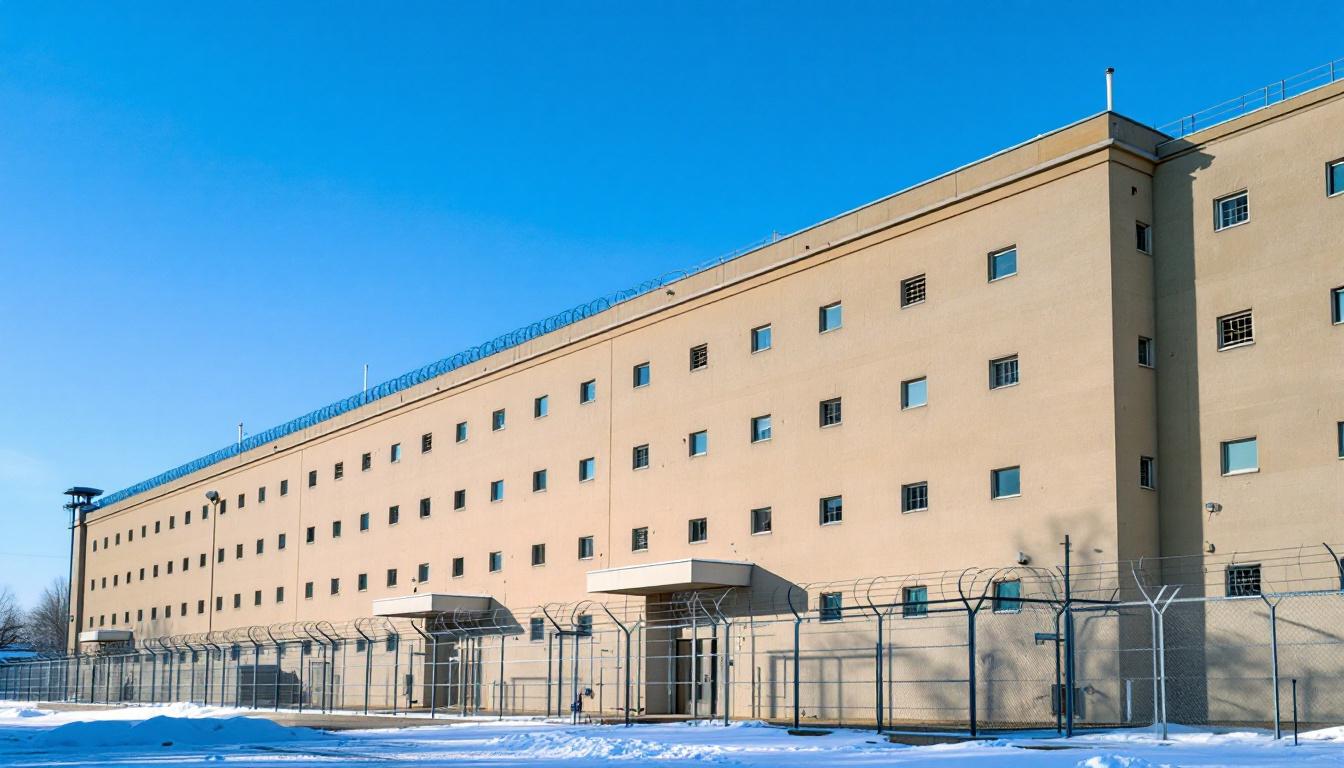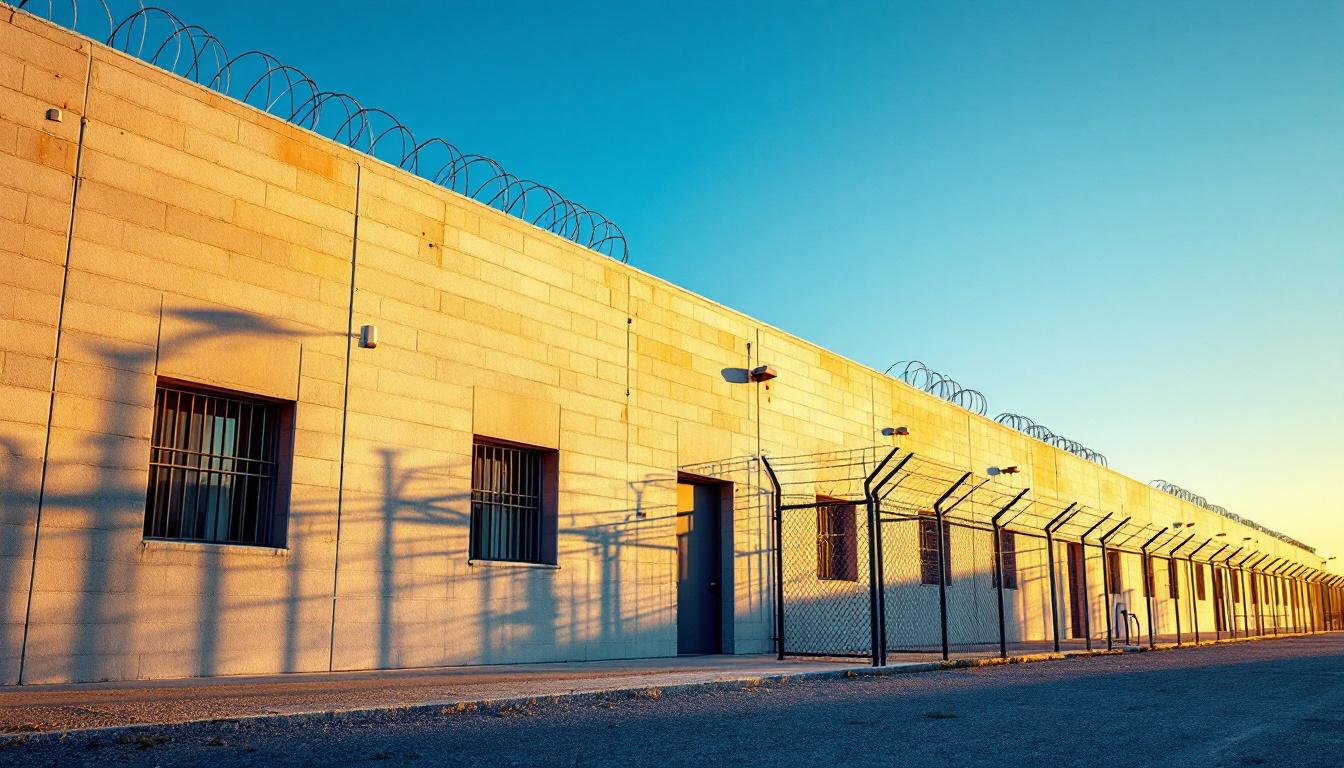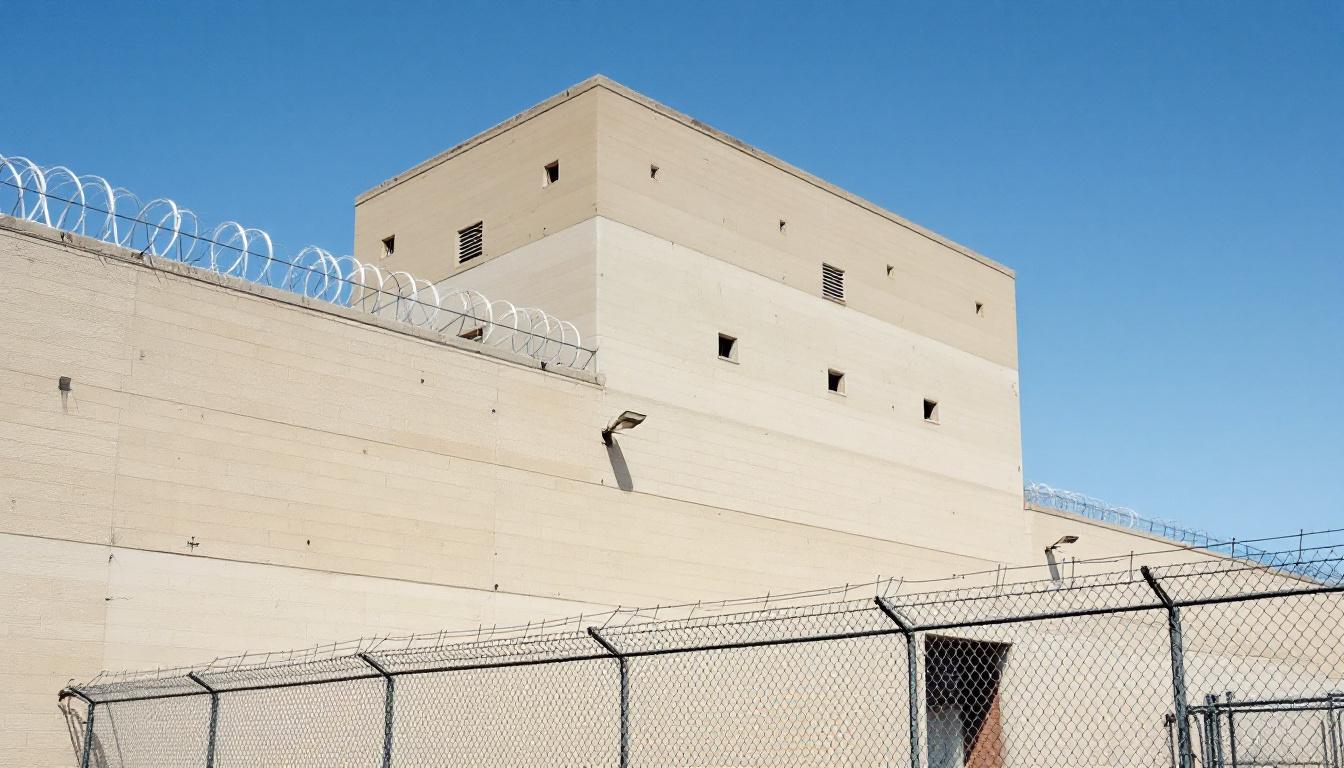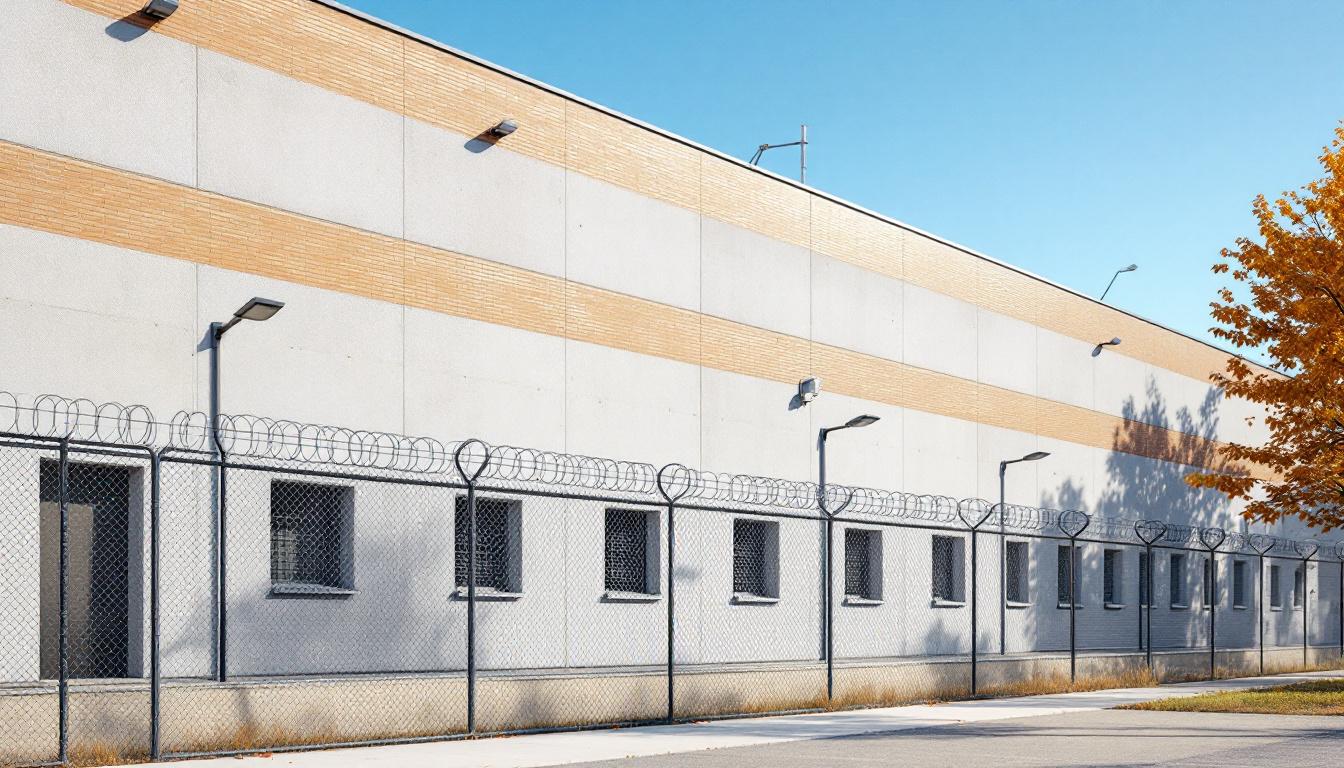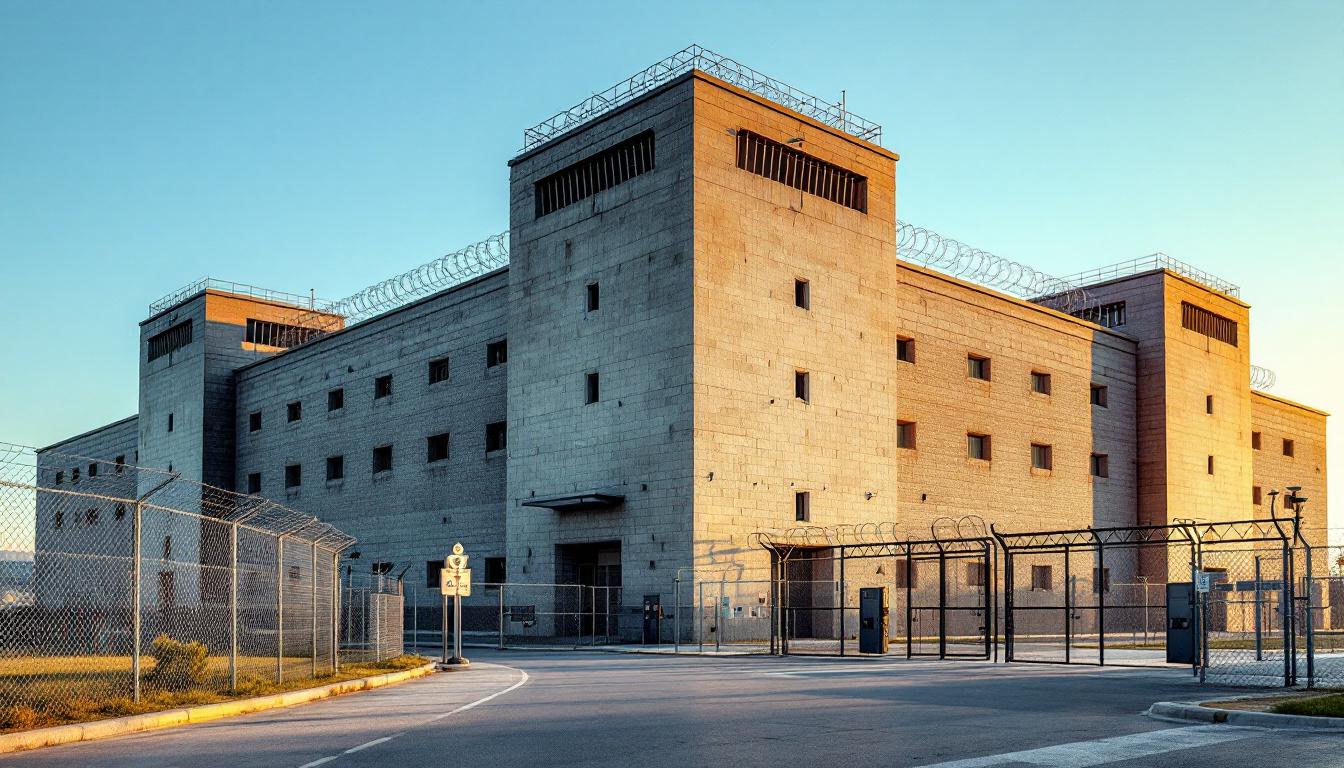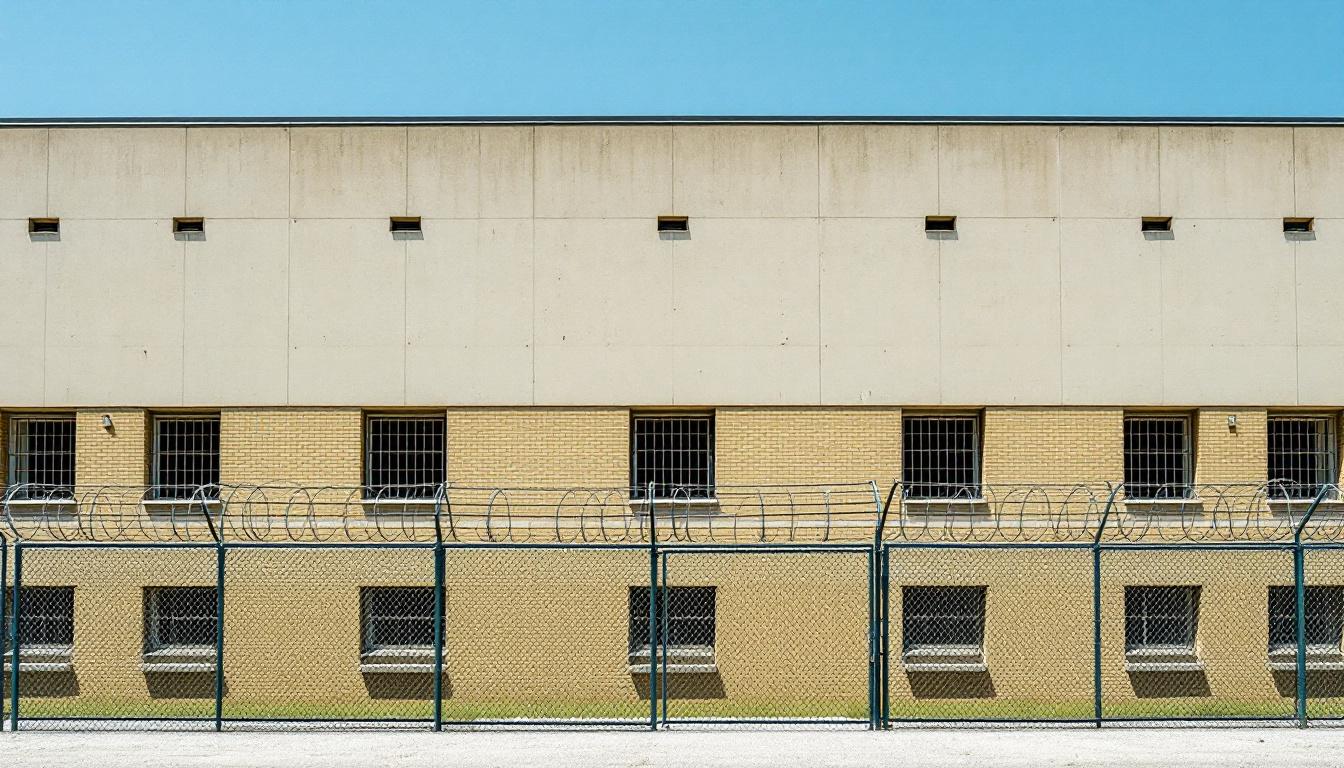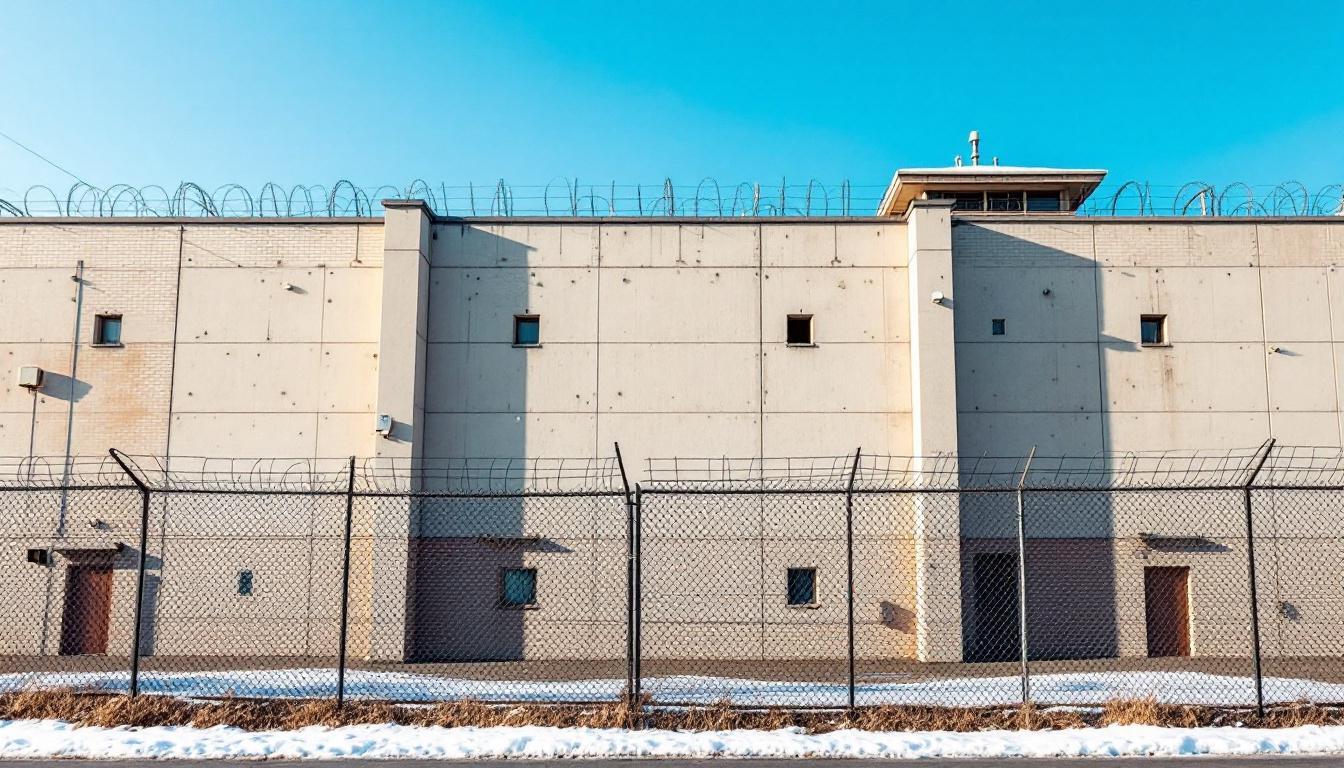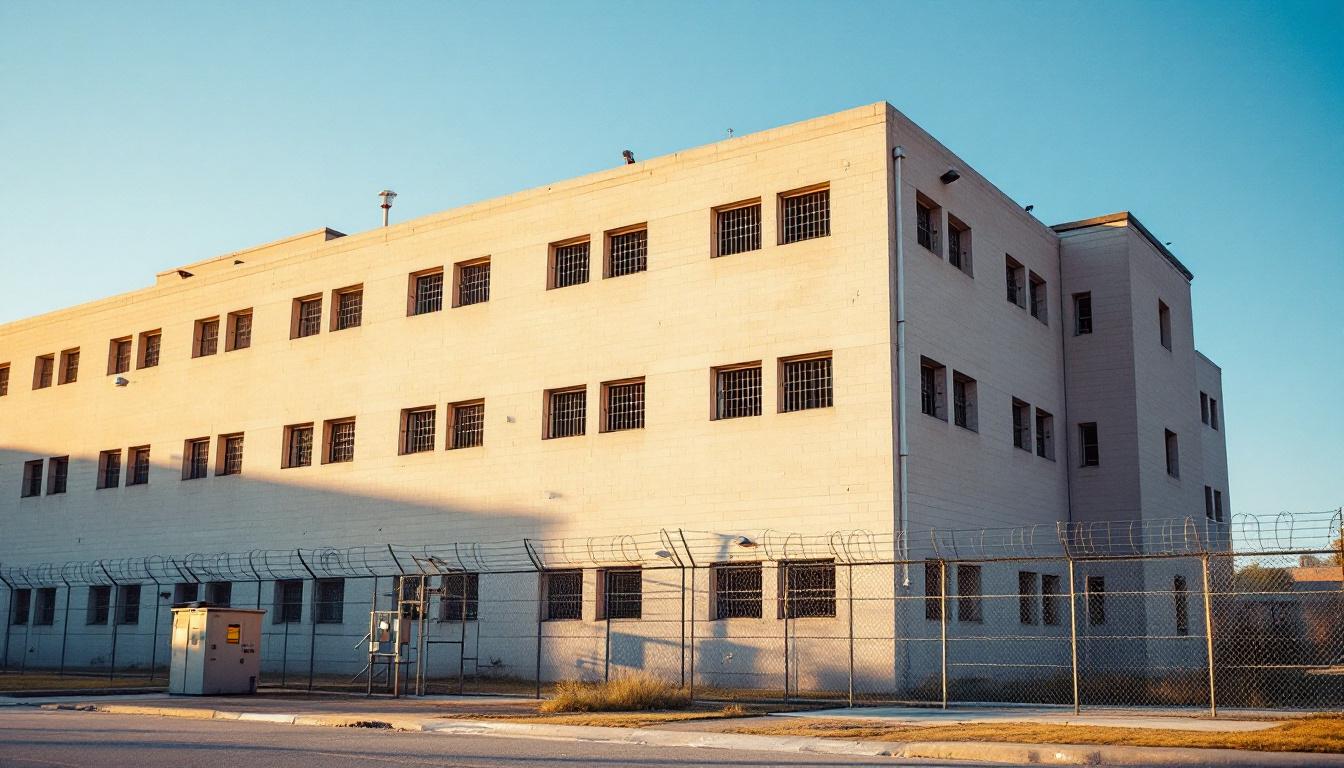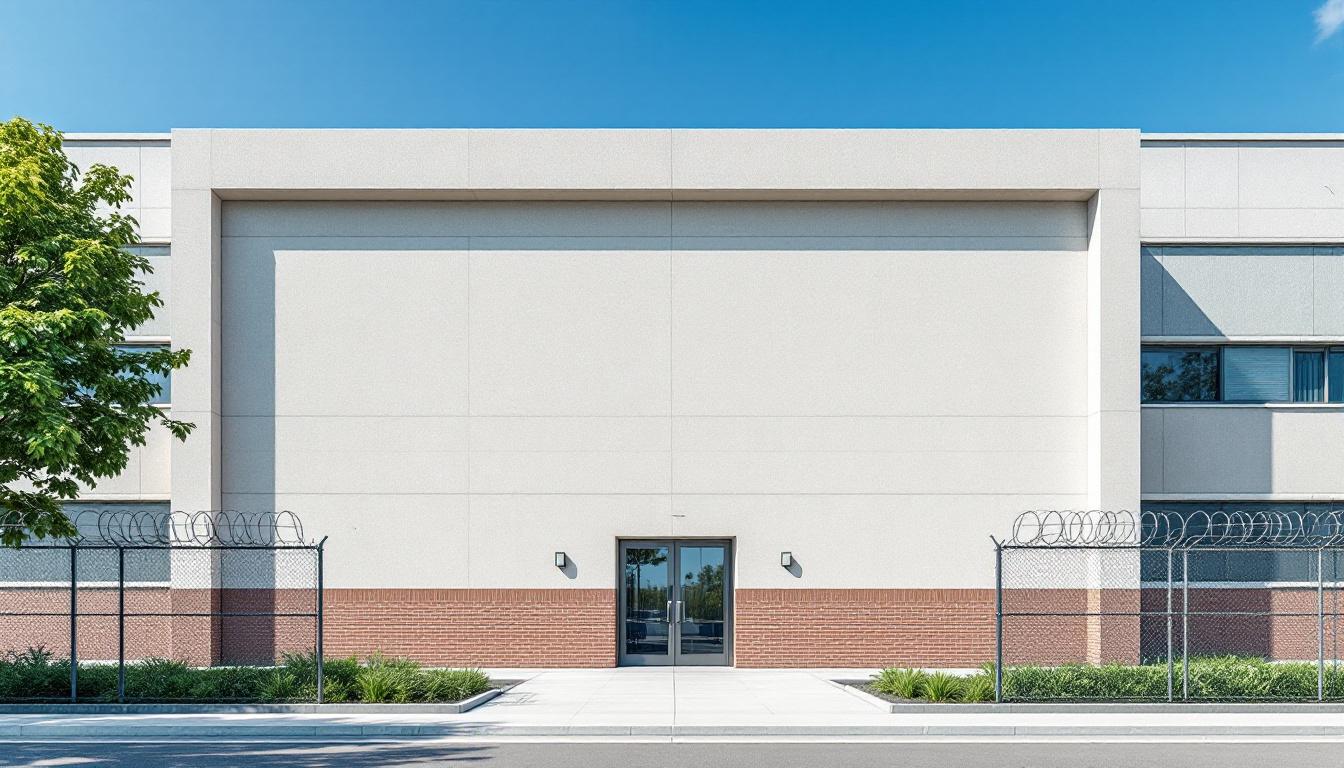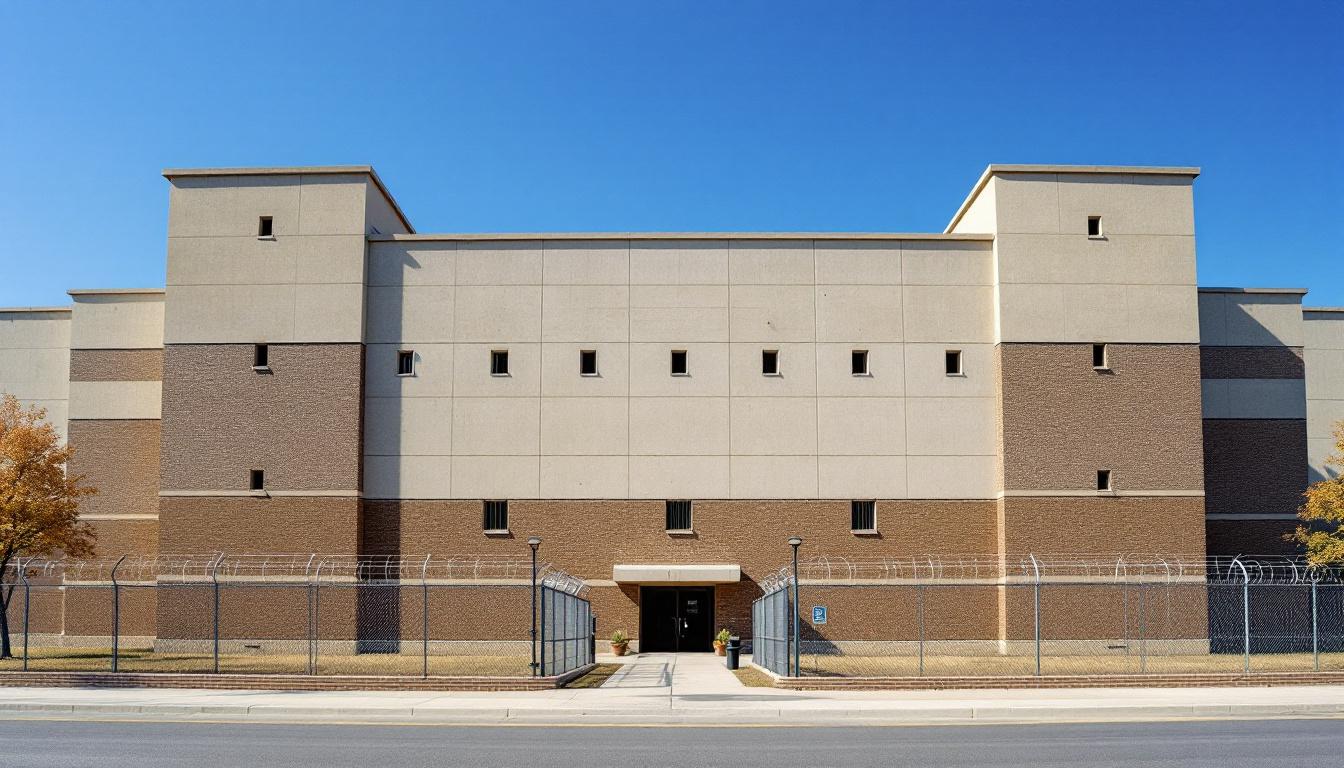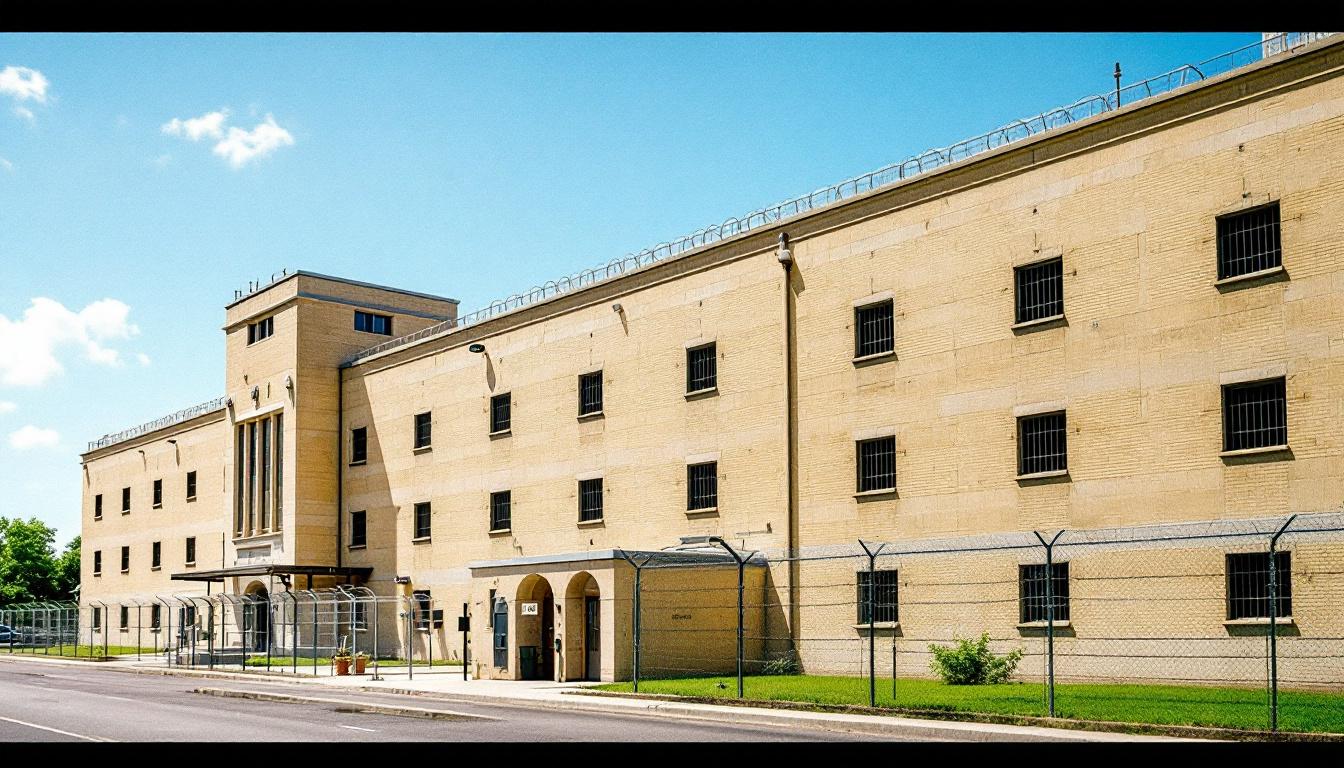
Quick Navigation
How to contact an inmate at Monroe County Jail
This comprehensive guide will walk you through how to connect with an inmate at Monroe County Jail. Follow the steps below to find an inmate and send letters and photos:
- Search for the inmate using our search tool below
- Create your account or log in to Penmate
- Write your message (up to 6,000 characters)
- Send instantly - inmates receive printed copies daily
Find an Inmate
Search for an inmate to start communicating today
Tip: You can search by first name, last name, or inmate ID number
To contact a person at Monroe County Jail start by searching for the person on the official facility website. Perform a search by following these steps:
- Step 1: Enter their first name and last name into the search form and click "Search"
- Step 2: Locate their inmate record
- Step 3: Write down their Inmate ID and any housing information provided
Important! Be sure to enter the person's full name. Nicknames should not be used.
How to Send Messages to Inmates

You can use your phone or computer to send emails, letters, and photos to an inmate. Messages are sent electronically to inmate tablets or kiosks at the facility. If you would like to send a message, start by searching for an inmate at Monroe County Jail.
Sending Photos and Postcards

A great way to send love and support to a loved one at Monroe County Jail is to send photos and postcards. It only takes a few minutes to send photos from your phone and it makes a huge difference. You can also mail postcards with words of support and inspiration, or design your own postcard for special moments like birthdays and holidays.
Important! Be sure not to send any explicit photos or they may not be approved by the facility. You can also use a photo printing app like Penmate to make sure your photos are printed at the correct size (4x6 or 3x5) and are mailed according to the rules and regulations of Monroe County Jail.
Frequently asked questions about Monroe County Jail
-
How long does it take to deliver a message?
If you're sending an email message your letter is usually delivered within 24-48 hours. For messages sent via mail you should expect delivery within 3-7 days. All messages will need be approved by Monroe County Jail.
-
How much does it cost to send a message to Monroe County Jail?
You can send a message free using your phone or mail a message via USPS for the price of a $0.60 stamp and envelope. You can also purchase credits or e-stamps from services starting at $1.99.
-
What services can I use to contact an inmate at Monroe County Jail?
Penmate
You can use Penmate to send letters and photos to an inmate from your phone. It's an easy way to stay in touch during your loved one's incarceration. Use the inmate locator to find an inmate's location and contact information, then you can send messages within a few minutes.
Securus messaging
Securus may be another option for communicating with an inmate at Monroe County Jail. You can create a friends and family account and purchase credits to send messages. All messages will be reviewed and must be approved by the facility.
JPay
Some county jails and state prisons may support sending messages with JPay. You must register an account with the system, find your loved one, and purchase stamps to send messages. For some locations you can also attach photos.
Smart Jail Mail
You may also check if Smart Jail Mail is available at Monroe County Jail. Smart Jail Mail is operated by Smart Communications and has contracted with some state and county jails. After purchasing credits, your messages and photos are sent to the facility, printed out, and then handed out to your loved one.
-
What is the mailing address of Monroe County Jail?
Mailing address:
Monroe County Jail
145 L Cary Bittick Dr
Forsyth, GA 31029
Phone: (478) 994-7051 -
What are the visiting hours at Monroe County Jail?
Visiting hours at Monroe County Jail vary by housing unit and security level. Generally, visits are scheduled on weekends and holidays, with some facilities offering weekday visits. Contact the facility directly at (478) 994-7051 or check their website for the current visiting schedule. Visits typically last 30-60 minutes and must be scheduled in advance.
-
What items are prohibited when sending mail to Monroe County Jail?
Prohibited items typically include: cash, personal checks, stamps, stickers, glitter, glue, tape, staples, paperclips, polaroid photos, musical or blank greeting cards, hardcover books, magazines with staples, and any items containing metal or electronics. Only send letters on plain white paper with blue or black ink. Photos must be printed on regular photo paper (no Polaroids). Always check with Monroe County Jail for their specific mail policies.
-
How do I send money to an inmate at Monroe County Jail?
You can send money to an inmate at Monroe County Jail through several methods: 1) Online using JPay, Access Corrections, or the facility's approved vendor, 2) Money orders mailed directly to the facility with the inmate's name and ID number, 3) Kiosks located in the facility lobby, or 4) Over the phone using a credit or debit card. Fees vary by method, typically ranging from $2.95 to $11.95 per transaction.
-
Can I schedule a video visit with an inmate at Monroe County Jail?
Many facilities now offer video visitation as an alternative to in-person visits. At Monroe County Jail, video visits may be available through services like Penmate, Securus Video Connect, GTL, or ICSolutions. Video visits typically cost $10-20 for 20-30 minutes and must be scheduled in advance. You'll need a computer or smartphone with a camera and reliable internet connection. Contact the facility for their specific video visitation policies and approved vendors.
-
What identification do I need to visit an inmate at Monroe County Jail?
All visitors must present valid government-issued photo identification such as a driver's license, state ID, passport, or military ID. Minors must be accompanied by a parent or legal guardian who can provide the minor's birth certificate. Some facilities require visitors to be on the inmate's approved visitation list, which may require a background check. Contact Monroe County Jail for specific ID requirements and visitor approval procedures.
-
How can I find out an inmate's release date?
To find an inmate's release date at Monroe County Jail, you can: 1) Use the online inmate search tool if available, 2) Call the facility's records department, 3) Contact the inmate's case manager or counselor, or 4) Have the inmate provide this information during a call or visit. For privacy reasons, some facilities only release this information to immediate family members.
Facility Overview
Contact Information
Monroe County Jail145 L Cary Bittick Dr
Forsyth, GA 31029
Phone: (478) 994-7051
Official Website
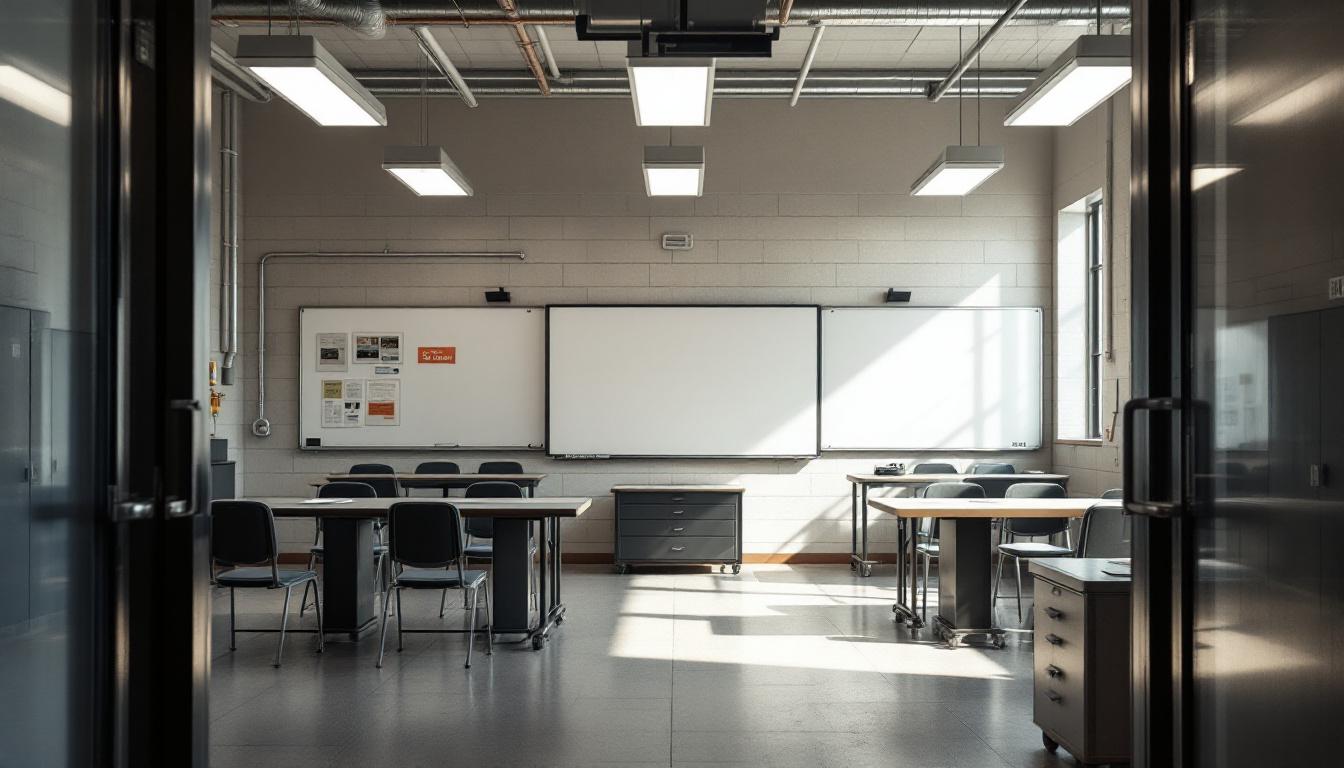
About Monroe County Jail
Nestled in the heart of Forsyth, Georgia, the Monroe County Jail serves as a vital component of the region's correctional infrastructure, providing secure housing and essential services for individuals awaiting trial or serving shorter sentences. This GA correctional facility operates within the broader framework of Georgia's county jail system, maintaining strong connections to state correctional goals while addressing the specific needs of the local community. The facility's location in Forsyth positions it strategically within Monroe County's judicial system, typically facilitating efficient processing and transportation for court appearances and legal proceedings.
The residents services offered at Monroe County Jail generally focus on maintaining safety, security, and basic welfare while individuals are in custody. Like many county jail facilities throughout Georgia, the institution may provide access to medical care, meal services, and limited recreational opportunities. Educational programming and substance abuse counseling are often available components of the facility's approach to supporting individuals during their stay, though specific offerings may vary based on available resources and staffing.
Monroe County Jail's integration with state correctional goals typically emphasizes maintaining secure custody while preparing individuals for their eventual return to the community. The facility generally works in coordination with local courts, probation services, and other criminal justice agencies to ensure smooth transitions through the legal process. Rehabilitation efforts, when available, often include basic life skills programming and connections to community resources that may assist individuals upon release, reflecting Georgia's broader commitment to reducing recidivism and supporting successful reintegration into society.
Programs & Services
Educational and vocational initiatives form the cornerstone of rehabilitation efforts, designed to equip residents with practical skills and academic foundations essential for successful community reintegration. This comprehensive approach recognizes that meaningful change occurs when individuals are provided with structured learning opportunities that address both immediate needs and long-term career aspirations. The facility's commitment to holistic development ensures that residents can pursue multiple pathways simultaneously, creating a robust framework for personal growth and professional preparation.
Academic programming typically encompasses fundamental education initiatives that may deliver literacy instruction, mathematics coursework, and preparation for high school equivalency examinations. These educational foundations often serve as stepping stones to more specialized learning opportunities. Also, vocational training initiatives provide hands-on experience in practical trades, with small engine repair programs offering residents technical skills that translate directly to employment opportunities upon release. Such specialized training typically combines theoretical knowledge with practical application, ensuring that participants develop both competency and confidence in their chosen field.
Complementing these skill-building initiatives, comprehensive support services address the psychological and spiritual dimensions of rehabilitation. Mental health counseling may deliver individualized therapeutic interventions that help residents process trauma, develop coping strategies, and build emotional resilience. Also, faith-based services and religious programming often provide spiritual guidance and community connection for those seeking such support. The integration of trauma-informed care principles throughout these initiatives ensures that all services are delivered with sensitivity to residents' past experiences, creating an environment where healing and personal transformation can occur alongside practical skill development.
Daily Life & Visitation
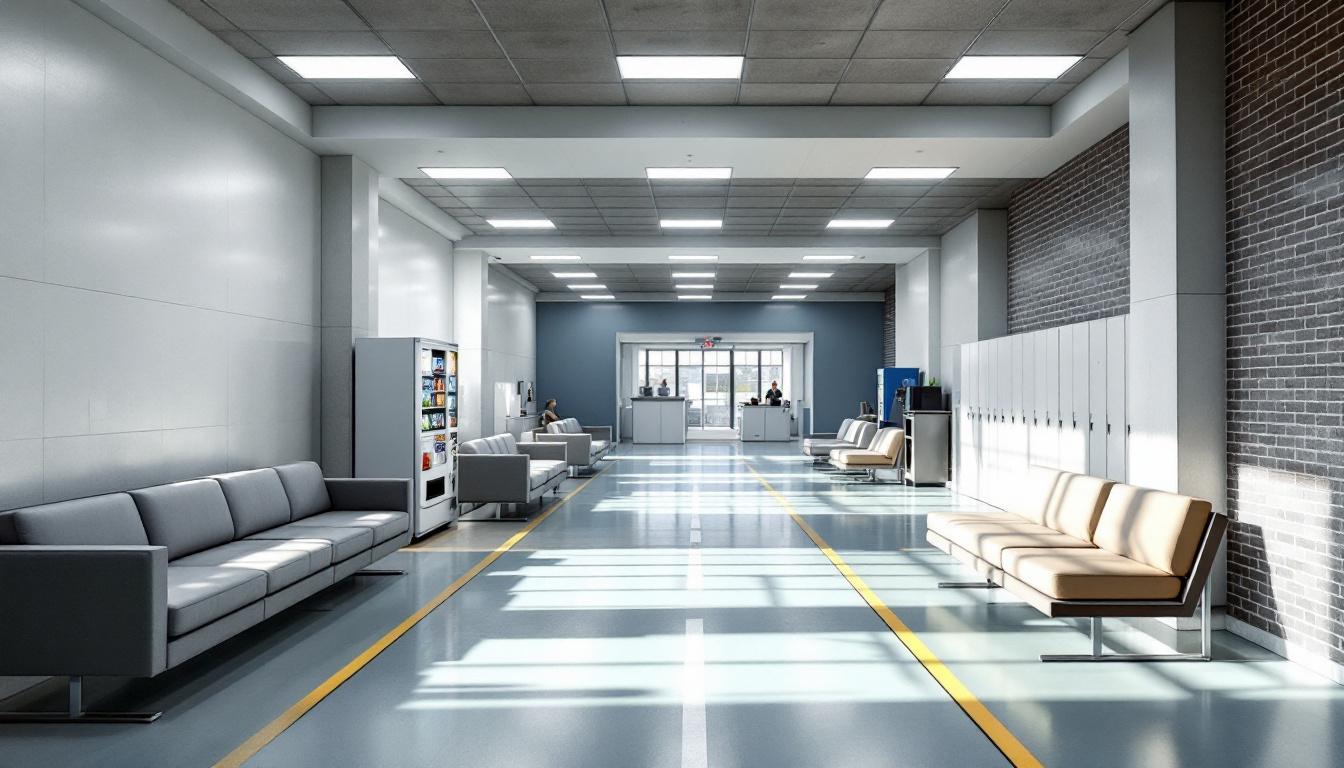
The consistent rhythm of scheduled activities and mandatory counts currently forms the backbone of institutional life, as residents navigate through carefully structured days that begin with early morning wake-up calls and continue to follow predetermined schedules throughout each 24-hour period. This regimented approach typically includes designated times for meals, recreation, work assignments, and programming, which helps residents establish predictable routines that many find stabilizing during their time at the facility. The structured environment generally delivers a sense of order that contrasts with the often chaotic circumstances that may have preceded their arrival.
Living accommodations at Monroe County Jail usually consist of dormitory-style housing units or individual cells, depending on classification levels and available space. Residents typically share common areas within their housing units and may have access to basic amenities such as television viewing areas and reading materials. Meals are generally served at scheduled times in designated dining areas or delivered to housing units, with the facility often providing three meals daily that meet basic nutritional requirements. Also, residents can typically supplement their meals through commissary purchases when funds are available through their accounts.
However, daily life extends beyond basic necessities to include various programming opportunities that may offer educational classes, substance abuse counseling, or religious services. Recreation time usually provides opportunities for physical exercise in designated areas, while work assignments within the facility often give residents structured activities that contribute to facility operations. Family connections remain important through scheduled visitation periods and telephone privileges, which typically operate according to established guidelines and security procedures. These communication options generally help residents maintain relationships with loved ones and support systems in the community.
Ready to Connect?
Start communicating with your loved one today
Search for an Inmate
